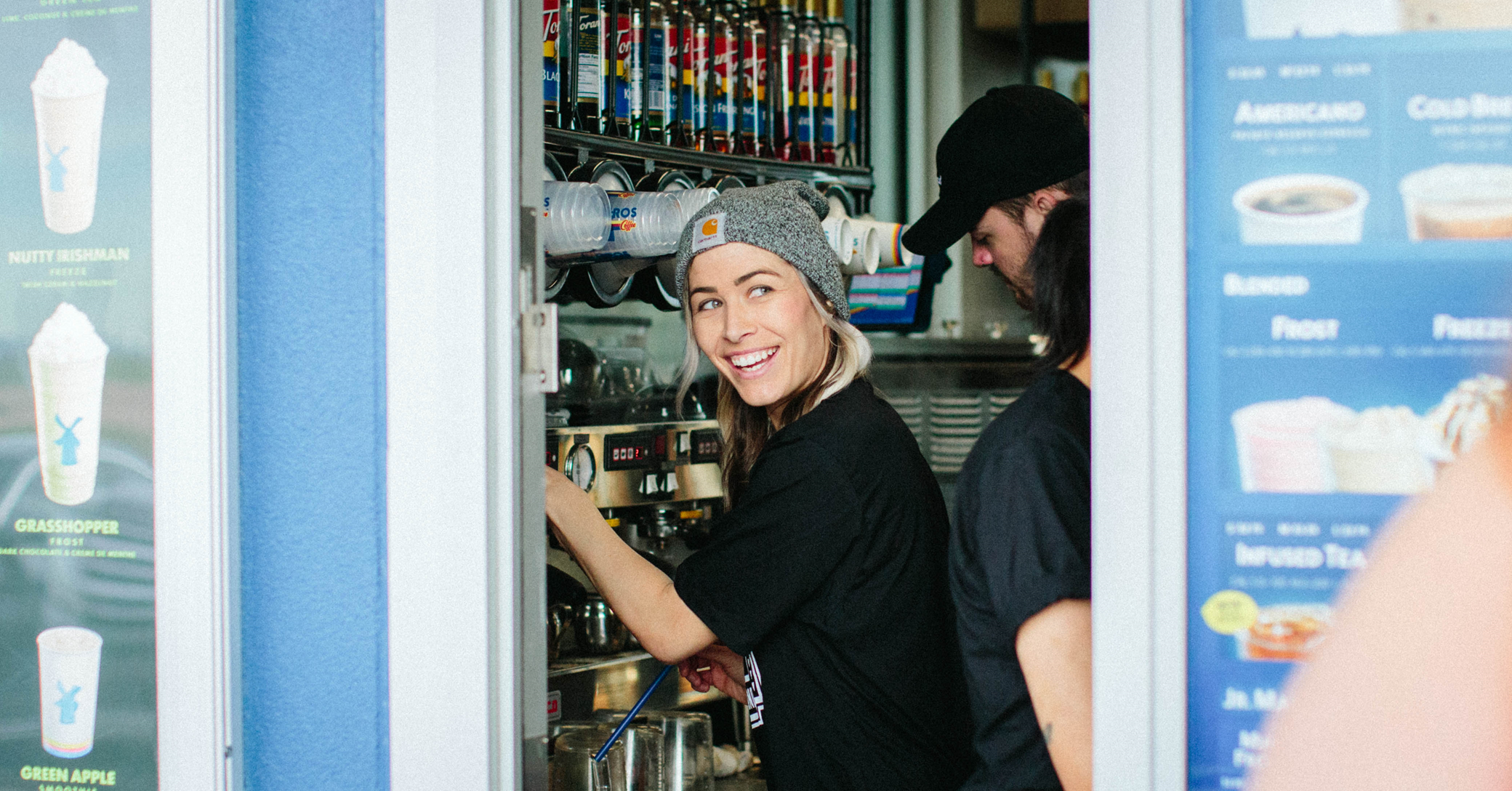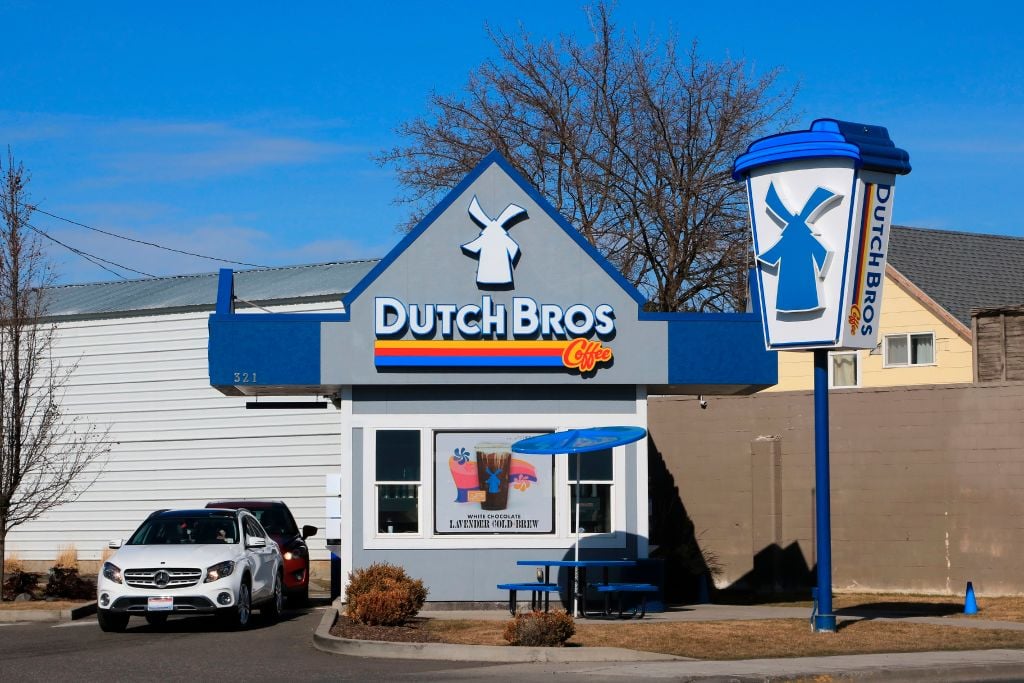Dutch Bros (BROS 4.09%) possesses all the hallmarks of a compelling growth story: a beloved brand, a substantial expansion runway, and a management team that knows how to scale. Yet even the strongest stories carry risk -- and understanding those risks can help long-term investors avoid getting blindsided.
Here are three key challenges Dutch Bros faces as it grows from a regional favorite into a national brand.

Image source: Getty Images.
Execution risk as the company scales
Dutch Bros' success so far has been rooted in culture -- an enthusiastic, service-first energy that customers love. But maintaining that same culture across thousands of stores is hard.
As the company accelerates expansion toward its long-term goal of thousands of stores (it now has 1,043 ), it faces a classic scaling challenge: preserving consistency without diluting authenticity. New markets mean new demographics, new hiring pools, and new operational hurdles.
Even small cracks -- slower drive-thru times, inconsistent drink quality, or less friendly service -- can erode what makes the brand special. For a company whose moat is built on culture, execution quality is everything.
Investors should closely monitor same-store sales growth and customer satisfaction. If those metrics weaken as store count rises, it could signal that the brand's magic is being stretched too thin.

NYSE: BROS
Key Data Points
Exposure to discretionary spending and a narrow product focus
Dutch Bros is not a habit for most customers -- it's a treat. Approximately 80% of sales come from cold drinks and energy beverages.
That distinction is part of its appeal, but it also introduces risk: When economic conditions tighten, consumers may cut back on specialty drinks faster than on everyday coffee. In a downturn, Dutch Bros could see greater same-store volatility than entrenched morning-routine brands like Starbucks.
Moreover, the company's limited food offerings and beverage-centric menu mean it has fewer opportunities to increase average ticket size compared to its peers that sell snacks or breakfast items. There is progress here: Dutch Bros has startedtesting new food products to complement its beverage lineup. That could drive incremental growth, but it has to be done carefully. Expanding the menu too quickly could compromise operational efficiency or dilute the brand's identity.
For now, bulls view this focus as a sign of strength; bears see it as a vulnerability. Time will tell which side is right.
Tight margins and capital intensity
Even with improving profitability, Dutch Bros remains a capital-intensive business. Every new store requires an upfront investment that averaged $1.7 million in 2024, and cash payback periods normally stretch over two years.
In recent quarters, shop-level contribution margins have hovered around 31% -- solid, but still leaving limited room for error. Rising labor costs, wage inflation, and commodity pressures (especially from milk, sugar, and coffee beans) could all weigh on operating margins.
For context, the company's net income was 9.2% in the second quarter of 2025, meaning even a modest 10% increase in costs could erase most of that profit. Particularly, the ongoing trade war could lead to inflationary pressures down the road.
Besides, as Dutch Bros expands into new regions, it will face higher cost structures without existing local infrastructure to leverage. Those pressures could ease as the regional scale expands, but management will need to balance growth ambitions with financial discipline carefully.
The bright side: Dutch Bros became free-cash-flow-positive in 2024 and is now self-funding most of its new store openings. That's encouraging, but investors should remember that rapid physical expansion always carries balance sheet risk if unit returns deteriorate.
What does it mean for investors?
Dutch Bros is well positioned to grow in the years to come. But growth brings risk. Maintaining culture at scale, navigating economic cycles, and managing capital discipline will lead to success in the next chapter.
If management can preserve what makes the brand beloved while maintaining strong returns on new shops, Dutch Bros could evolve into a long-term growth stock. But this isn't a "set it and forget it" stock -- it demands ongoing attention to execution and fundamentals.





